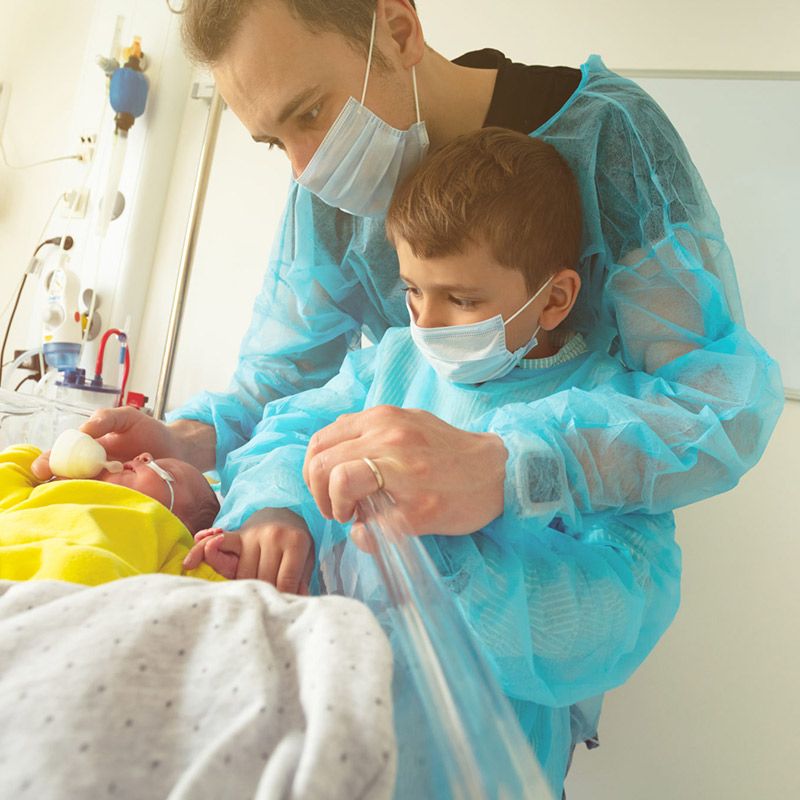What Is a Sarcoma?

October 08, 2019
Most cancers you’re familiar with are carcinomas. These cancers form in the skin or tissue cells that line the body’s internal organs (think, pancreatic cancer, stomach cancer, liver cancer). But another type of cancer is not as well known, says Francis R. Patterson, M.D., chief of orthopedic oncology at Hackensack University Medical Center and director of the Skin and Sarcoma Division of the John Theurer Cancer Center, as it affects only 1 percent of all adult cancers: sarcoma.
These cancers form in the cells that hold the body together, called connective tissue, including the muscle, fat, blood vessels, deep skin tissues, cartilage, nerves and tendons. There are more than 50 different types of sarcomas, which can hit anywhere on the body, though most develop in the arms, legs, chest and abdomen, since the bulk of the body’s connective tissue is found there.
Sarcomas are categorized as either:
- Soft tissue sarcomas, which, as the name implies, form in the soft tissues
- Bone sarcomas, which form in the bone tissue, cartilage or bone marrow
Diagnosing a Sarcoma
Occasionally, sarcomas can be blamed on exposure to toxins or genetic factors. But in the vast majority of cases, sarcomas strike randomly. Unfortunately, early sarcomas are hard to spot since the warning signs usually begin after the sarcoma has gotten larger, in the case of a soft tissue sarcoma, or causes pain, in the case of a bone sarcoma, Dr. Patterson says.
Diagnosis almost always includes a biopsy, as well as imaging tests (CT scans, ultrasound or an MRI) to see if the cancer has metastasized, or spread to other parts of the body.
Treating a Sarcoma
Treatment varies depending on type, location and whether the cancer has metastasized, but usually involves surgery, radiation and/or chemotherapy. If the tumor is localized—meaning it hasn’t spread to other parts of the body—the survival rate is greatest. When the sarcoma has metastasized, it becomes more difficult to treat.
The material provided through HealthU is intended to be used as general information only and should not replace the advice of your physician. Always consult your physician for individual care.
Find a doctor near me
Facing Cancer With a Positive Attitude

Facing Cancer? Find support and coping strategies to maintain a positive attitude during treatment. Learn from Dr. Abo and Dr. Lewis. Read now.
Find a doctor near me

3 Myths About Breast Cancer, Debunked
Debunk breast cancer myths. Dr. Tammaro dispels common fears and offers advice for reducing risk. Learn more & schedule an appointment.

Proven Ways to Prevent Cervical Cancer
Prevent cervical cancer. Learn proven methods including HPV vaccination, safe sex practices, and regular screenings. Protect your health today.

4 Ways You Can Help NICU Parents
Support NICU parents. Learn 4 ways to help from Joseph M. Sanzari Children's Hospital doctors. Offer practical and emotional support.

All About Thyroid Cancer
Understand thyroid cancer. Learn about symptoms, detection, and treatment options from leading doctors. Schedule an appointment today.
